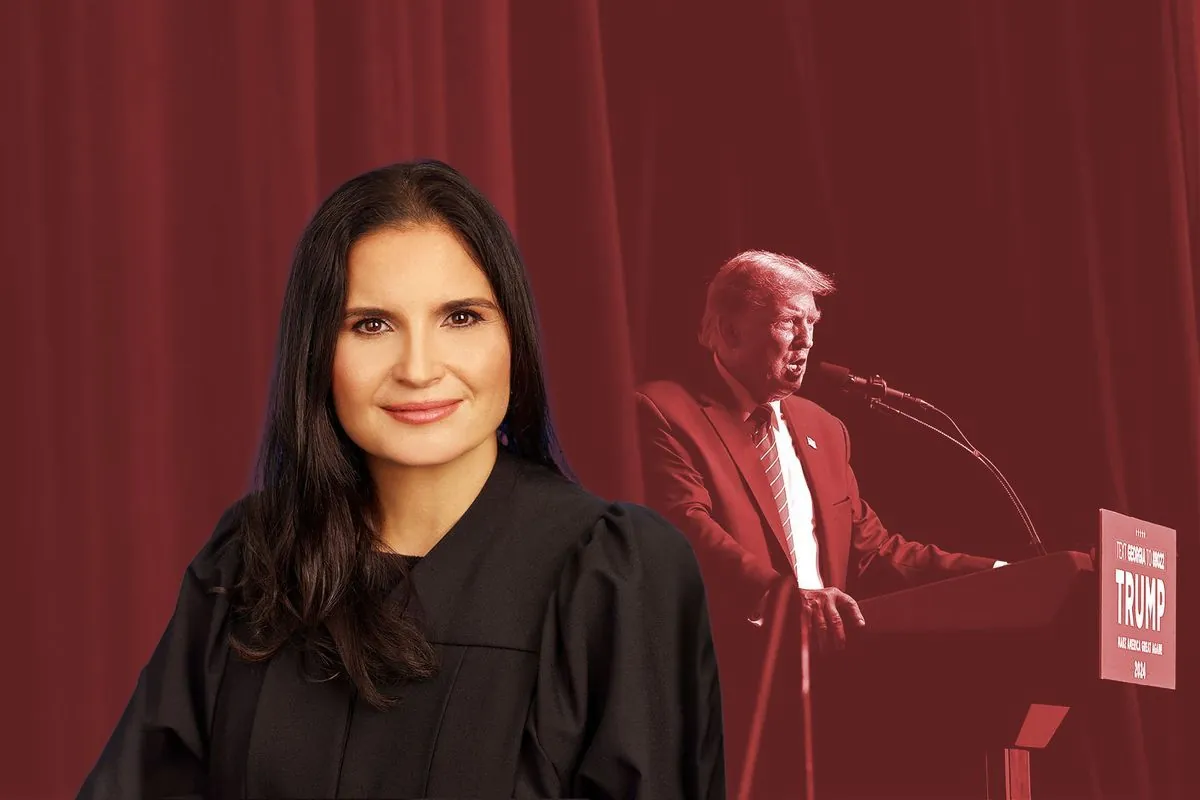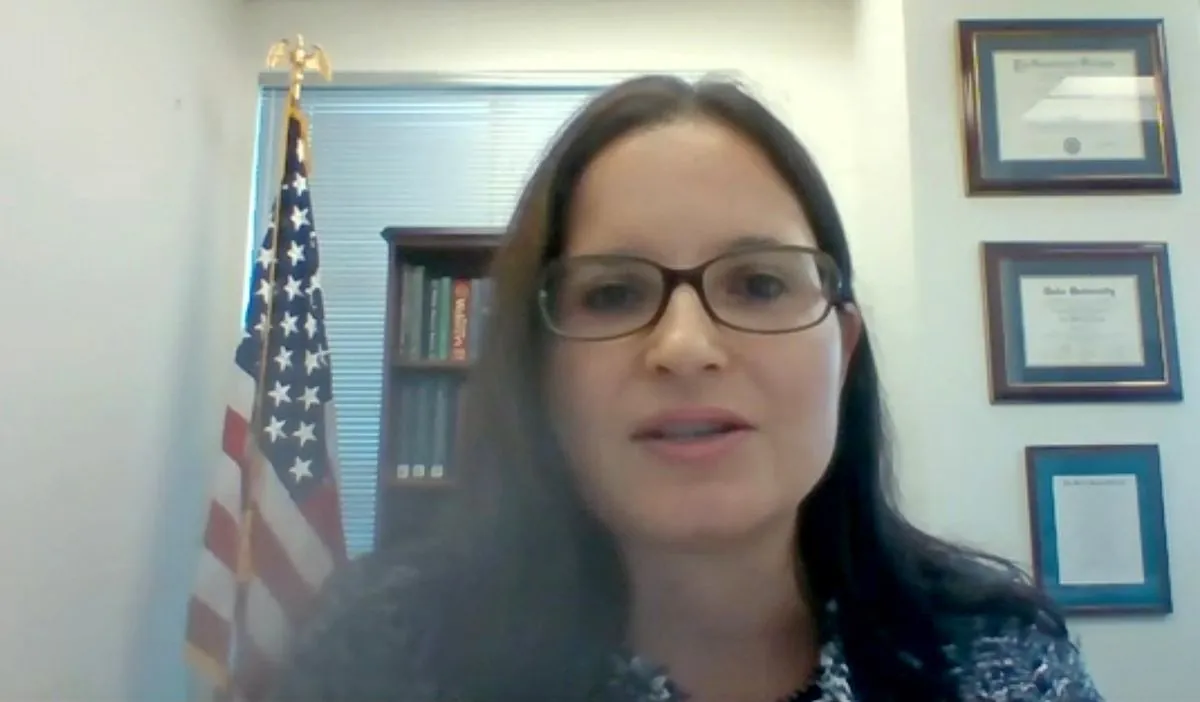Judge's Ruling on Trump Case Sparks Debate on Special Counsel Appointments
A Florida judge's dismissal of charges against Donald Trump raises concerns about the legality of special counsel appointments and could impact federal prosecutors in temporary positions.

In a decision that has sent ripples through the legal community, Judge Aileen M. Cannon has dismissed the criminal case against former President Donald Trump in Florida. This ruling, issued in August 2024, has sparked a heated debate about the constitutionality of special counsel appointments and could have far-reaching implications for federal prosecutors serving in temporary positions.
The case, which involved allegations of mishandling classified documents, was overseen by Special Counsel Jack Smith, who was appointed by Attorney General Merrick Garland in late 2022. Judge Cannon's ruling challenges the legality of Smith's appointment, arguing that it was unconstitutional due to the lack of Senate confirmation.
This decision marks a significant departure from decades of legal precedent. Since the appointment of the first special prosecutor in 1875 by President Ulysses S. Grant, the practice has been widely accepted and utilized in high-profile cases. The most famous example is perhaps the Watergate scandal investigation in the 1970s, which led to the resignation of President Richard Nixon.
Legal experts are divided on the potential consequences of Cannon's ruling. Some argue that it could jeopardize not only future special counsel appointments but also the authority of any federal prosecutor or senior official serving in a temporary capacity. This concern extends to acting U.S. attorneys and other interim Justice Department officials who have not received Senate confirmation.

The implications of this decision could be far-reaching. The U.S. government has long relied on acting officials to fill crucial roles when the confirmation process is ongoing. For instance, deputy solicitors general often argue cases before the Supreme Court on behalf of the government when the Senate-confirmed Solicitor General is unavailable.
Matthew Seligman, a lawyer at Stanford University's Constitutional Law Center, expressed concern about the potential risks created by this decision. He argued before Judge Cannon in June 2023, asserting that Smith's appointment was constitutional.
The ruling has also reignited discussions about the Appointments Clause of the U.S. Constitution, which outlines the process for appointing government officials. This clause, found in Article II, Section 2, Clause 2, has been the subject of numerous legal interpretations since the country's founding.
"The appointment of a special counsel raises serious constitutional questions."
Some legal scholars view Cannon's decision as part of a broader trend among conservative jurists to reinterpret long-standing legal precedents. Philip Allen Lacovara, who served on the Watergate special prosecutor team, suggested that this ruling reflects a willingness to overturn established practices based on novel interpretations of constitutional power allocation.
As the legal community grapples with the implications of this ruling, Jack Smith and his team are preparing their appeal, due to be submitted to the U.S. Court of Appeals for the 11th Circuit on August 27, 2024. The outcome of this appeal could have significant ramifications for the structure and functioning of the Department of Justice and other federal agencies.
While the immediate impact of Judge Cannon's decision is limited to the Southern District of Florida, its potential to influence future cases and legal arguments is substantial. As the debate continues, the legal community and government officials alike are closely watching how higher courts will respond to this challenge to long-established practices in federal prosecutions and appointments.


































